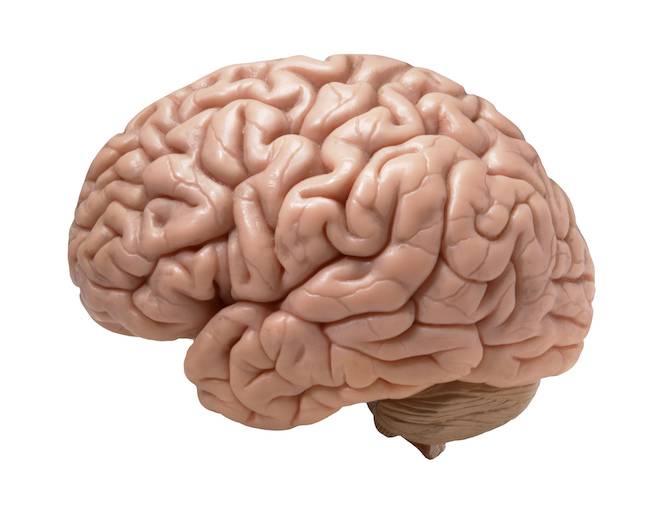World Brain Day: An aging Brain is the healthier brain
Shares

ISLAMABAD: (APP) Pakistan Society of Neurology (PSN) on Friday organized an awareness seminar to mark World Brain Day.
Addressing the participants, President of Pakistan Society of Neurology and Consultant Neurologist Shifa International Hospital (SIH) Prof Dr Arsalan Ahmad said brain health will be among the most important determinants of social and economic well-being of older persons in the future.
He said this year's theme was Brain Health and the Ageing Population -An Ageing Brain can be a Healthy Brain, with focus to increase global awareness on the management and prevention of all brain and neuromuscular diseases affecting the elderly and on concepts and means of promoting the prevention of brain diseases.
He said that the public is not sufficiently aware of the subject. He said the ageing population has major social, health, and economic consequences.
Dr Mohammad Azhar Saeed, Consultant Neurologist SIH said that Parkinson disease is a progressive neurodegenerative disorder affecting elderly population.
He said according to estimation, around 400,000 people in Pakistan are suffering from Parkinson disease which globally affect over six million people.
As the disease is progressive and results in chronic disability, so early diagnosis and treatment can help relieve symptoms and slow the progression of disease, thereby reducing disability and improving the quality of life of the individual.
The usual age of onset is in the sixth decade of life, affecting both gender. The common clinical features of Parkinson disease included tremor, stiffness and rigidity, slowness of movements and imbalance.
As the disease progresses the symptoms become more severe resulting difficulty in walking, talking and swallowing. The appropriate combination of medication with physiotherapy and gait training can help the people affected by Parkinson's disease to live a healthy life, he said.
Dr Mazhar Badshah, Associate Professor Neurology at Pakistan Institute of Medical Sciences (PIMS) and President of Pakistan Stroke Society said stroke is the leading cause of disability and a leading cause of mortality worldwide and in Pakistan.
He said effective preventive measures included identification and management of risk factors like hypertension, diabetes, hyperlipidemia, obesity, use of tobacco, drugs and alcohol.
Dr Asad Tamizuddin Nizami, Associate Professor Psychiatry spoke about depression in elderly patients. He said the proportion of the world's population over 60 years will nearly double from 12% to 22% between 2015 and 2050.
He added depression occurs in 7% of the general elderly population. Symptoms of depression in older adults are often overlooked and untreated because they coincide with other problems encountered by older adults.
He said there is a clear association between the severity of depression and neurocognitive deficits with increasing age and must be assessed in elderly population.
Dr Shehzad Khan Siddique, Consultant Geriatrician in his presentation said `Falls are the leading cause of injury-related visits to emergency departments and the primary etiology of accidental deaths in persons over the age of 65 years.
He said falls are often associated with significant morbidity. Risk factors for falls in the elderly included increasing age, medication use, cognitive impairment and sensory deficits.
He said treatment is directed at the underlying cause of the fall. Parkinsons disease and dementia are all at increased risk of falls.
The program was chaired and co-chaired by renowned neurologists Prof Mohammad Tariq and Brig. Wasim Alamgir, respectively and attended by neurologists, medical specialists and medical students of the twin cities.
